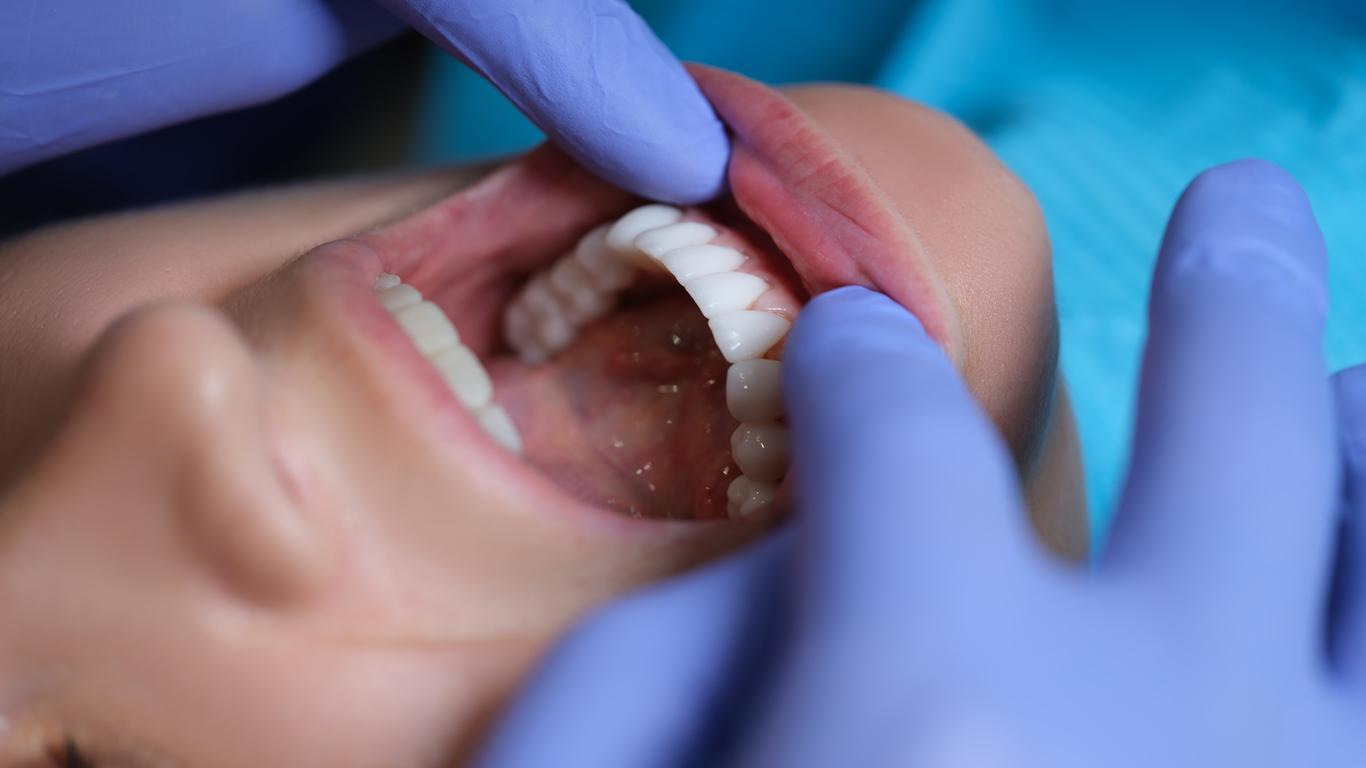These people must be screened for hepatitis B and C and for HIV due to a lack of sterilization of equipment used during dental care.

- Patients treated for dental problems in the Hautes-Pyrénées have received a letter inviting them to be tested for HIV and hepatitis B and C.
- A lack of sterilization of the equipment used raises fears of possible infections, but no cases have yet been reported.
- In Lyon, a similar sterilization defect was reported in the spring.
Patients are worried in the Hautes-Pyrénées. As reported France 3 Occitanie, nearly 5,000 people received a letter inviting them to be tested for hepatitis B and C and HIV. All received dental care in hospitals in Hautes-Pyrénées. Because of a “failure to sterilize the equipment used”, the management of these health establishments fears contamination. The patients concerned were treated in the hospitals of Tarbes-Lourdes and Bagnères-de-Bigorre.
Following a failure to sterilize equipment, 5,000 patients invited to be tested for hepatitis and HIV https://t.co/AitNSLbCwz pic.twitter.com/pYFruBt0Tf
— France 3 Occitanie (@F3Occitanie) October 9, 2023
HIV, hepatitis: poorly sterilized equipment during dental care
“During your visit, specific equipment used during your care was subject to a lack of sterilizationspecifies the letter, published by France 3 Occitanie. This defect results in an extremely low risk of infectious disease transmission. This is why we would like to inform you, as part of our obligations to inform and monitor patients, and we invite you to make an appointment with your treating doctor with this letter, who will be able to prescribe the tests for you. adapted screening.” Some people received the letter even though the treatment was more than ten years old.
Risk of infection after dental care: similar cases in Lyon
In the article, Séverine Lalanne, quality manager and responsible for risk management at the Bagnères-de-Bigorre hospital, specifies that the lack of sterilization concerns rotating instrument holders, used during dental care.”These rotating instrument holders need to be sterilizedshe explains. Which was the case, but not enough, because the manufacturer’s recommendations indicated that going through with the process would damage the device.” To date, no cases of HIV or hepatitis infection have been reported. This is not the first time that such a situation has occurred in France. Last spring, the Hospices Civils de Lyon sent similar letters to 5,000 people inviting them to be tested for HIV. Here too, a fault in the sterilization of the equipment was discovered: all patients treated between May and December 2022 could be affected.
These two cases are linked as Séverine Lalanne explains. “It was following the professional practice of the dentist, who was on internship elsewhere and following the Lyon affair where he reestablished good practices, that we realized that we did not complete the sterilization process because the manufacturer provided the opposite information on the equipment”, she specifies. As the date of first use of this material is unknown, the regional health agency asked to go back to 2006 because that is the year when the recommendations of good practices from the High Authority of Health were published, according to France 3 Occitanie.
















